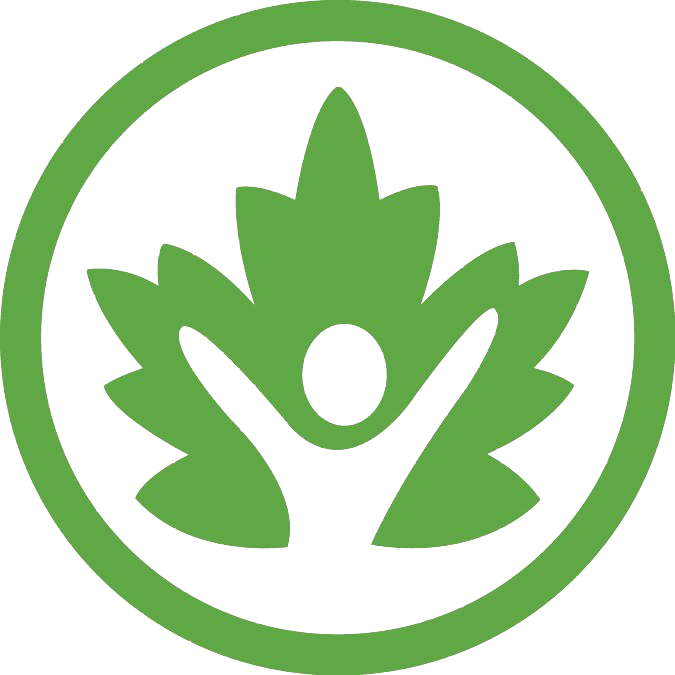By Alison Guzman and Ignacio Krell
2016 is coming to an end, and so much has happened for MAPLE Microdevelopment in Mapuche ancestral territory.
Three years ago today, in 2013, the first Mapuche Mutual Support Group began to take shape, as a collaborative between MAPLE Microdevelopment Chile and the small Indigenous (Mapuche-Lafkenche) community of Llaguepulli, located in the Lake Budi basin in coastal Araucanía Region, northern Patagonia, Chile.
Now in its third cycle of collective saving, this community-powered financing tool for indigenous self-determination is up and running, is composed of 40 members, has a life and identity of its own, and a mission to safeguard one of the world's remaining ancient linkages between culture, environment, and economies. The goal of linking the financing tool to a community self-sustainable business is being accomplished as we speak: linking income to family agriculture and traditional wool textiles.
Since early 2015, the MAPLE/Llaguepulli collaborative has expanded its aims towards community-driven multidimensional benchmarks linked to social, cultural, environmental and economic goals of the community. In the process, we expanded to working with two more neighboring communities of the Lago Budi basin.
So, we´d like to fill you in a bit on some of this work:
As of October 2016, we are providing participatory design and investment in appropriate technologies to strengthening family foods and livelihoods by gaining both food resilience and access to new markets through designing culturally-appropriate tools for sustainable intensification, recuperating native seeds and chicken, and re-capitalizing environmental assets and rebuilding organic soils. We are working closely with the women of the community due to their role in caring their household greenhouses and gardens.
We are developing community-led methods for environmental management, with a focus in gradual recuperation of forests, soils and waters, through propagation of native forests through tree nursing and control of erosion and runoff through infiltration lines and multi-purpose agroforestry (Only this past winter we planted more than 2000 native trees both in Llaguepulli and the neighboring community of Allipén!) while strengthening gardens and soils with a traditional resource: algae exchanged with a neighboring coastal Lafkenche community of Nigue. 140 sacks of Algae were distributed to 30 families in Llaguepulli to begin the learning process for making algae-based compost and fertilizers.
In the cultural and educational management area, we are working with the community school to establish a strong basis for income generation, and with two different groups of artisan women, in Llaguepulli and Allipén, to whom we are supporting in planning and leveraging key investment for innovation and value adding in the production of Mapuche arts and textiles and improving their management of supplies and sales through an artisan fund.
AND, LAST BUT NOT LEAST…
MAPLE Chile will be launching its second collaborative with a Mapuche community to create a community-powered finance tool servicing indigenous economic self-determination!
After careful dialogues and agreements, we are honored to have been invited by Malalwe-Chanko (also as Llaguepulli and Allipén, one of the lake Budi’s basin 110 Mapuche-Lafkenche communities or lof that form the ancestral territory Ayllarewe Fudilewfü) to begin a replication process with their community, that builds on what has been learned in neighboring Llaguepulli.
As we speak with elders and leaders of the community, we are finding that the lof’s families have had a long-standing struggle for community cultural and land rights –a cause shared with many communities in Mapuche ancestral lands in Northern Patagonia, both in Chile and in Argentina. But we are also learning that despite these imposed disadvantages, they have been able to accomplish many things: In the last few decades Malalwe-Chanko’s families have pursued environmentally sustainable agriculture, empowered the youth, revitalized Traditional Authorities, and begun a successful Mapuche textiles and arts production.
In addition, through their strong links with First Nations of Quebec and a team based in Montreal that work on indigenous community development, Malalwe-Chanko has been able to launch a community-led communications project, giving opportunities and tools for youth to launch 5 micro-documentaries from within. You can watch their work here! https://www.youtube.com/watch?v=ScYi60o_eow
Inspired by their neighbor Llaguepulli’s first experience, now they are eyeing the creation of their own community-powered finance tool servicing Mapuche self-determination, and we at MAPLE Microdevelopment, are honored to be working with them.
Since September 2016, a team has come together, made of MAPLE practitioners Alison Guzman and Ignacio Krell, and two young filmmakers of Malalwe-Chanko, Mariana Hualme and Liwen Raín –who, with assistance by MAPLE Microdevelopment and under the guidance of the lof’s families and traditional authorities, will be in charge with leading the creation of the second Mapuche Mutual Support Group in the region. With them, a preparatory 4-step process has been agreed upon::
Initial Dialogues with Community Members and Traditional Authorities
Mutual learning through 10 collaborative sessions
Community-led needs and capacities assessment
Consensus Building towards adapting the GAM Model to Malalwe-Chanko’s unique priorities and strengths.
On a separate, but related note, MAPLE Microdevelopment is formalizing its non-profit status in Chile, and preparing a publication and a new website for this country branch. We hope to keep you updated on our progress in the next few months. Stay tuned for more!




